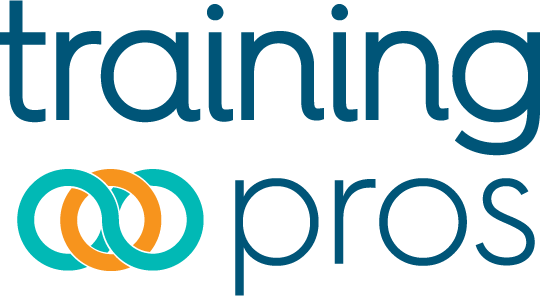The Low-Cost Transition
In recent years, providers have added a renewed focus on the patient experience and overall care costs, in hopes to reduce the latter while improving the former. To successfully achieve this balance, service providers must balance patient needs, care abilities, and financial limitations. Now, with value-based healthcare becoming more successful, caregivers are wondering about the benefits of transitioning to this payment model.
Oncology experts will gather twice this year to discuss service optimization challenges including the transition to value-based payments. One pressing concern for oncology service executives is how this transition will impact patient experience and care abilities. To understand this change in healthcare, we’ve gathered a list of value based healthcare’s major impacts to oncology service:
It’s Gathering Interest
When the Center for Medicaid announced the creation of the Oncology Care Model (OCM), nearly twice the expected amount of participants expressed interest in the program and were selected to take part in the five year plan. Among the participants are nearly 200 physician groups and nearly 20 payers. This means that both providers and payers will be collaborating in the patient-centered model.
The unexpected increase in participants for the model shows an industry desire to change healthcare. One benefit of a value-based payment system is care access. According to Costs of Care, a nonprofit dedicated to reducing care treatment costs, one top concern of oncology service management experts is the growing disparity between care costs and care quality. By choosing to participate in value-based payments, providers can close this gap and ensure long-term, comprehensive treatment rather than short-term, payment-driven solutions.
It’s Changing Oncology Care
Last month, we spoke with Dr. Linda Weller-Ferris of the Lahey Cancer Health Institute. Dr. Weller-Ferris explained that value-based on oncology was helping the enterprise innovate care and optimize oncology service to offer high quality disease treatment at lower costs to the patient. This streamlining relies on patient care data, which may indicate care quality as well as care volume. Data enables service executives to easily pinpoint which oncology treatments are benefiting their patients. If a certain therapy is costing patients and the institution, an executive can re-evaluate its place in the service line.
The Oncology Care Model has almost reached its first year in service. Now, OCM participants are expecting their first six months of data to be released. For these participants, like Dr. Weller-Ferris, this data means service evaluation. Many providers may be performing additional risk assessments and looking towards national, standardized oncology services to reach high quality, lower cost care. The focus on data collection and analyzation has created a finite measurement for value-based oncology which ensures an accurate reflection of treatment quality.
It’s having an Economic Impact
The service optimization and process streamlining enabled by this data means that costs are regularly evaluated based on center and emergency readmissions and patient experience. This is enabling healthcare providers to focus on innovative techniques to engage patients outside of the hospital, provide higher quality care, and increase caregiver involvement to reduce the amount of unexpected costs for all stakeholders.
These savings are being passed to the patients and payers, as care becomes more affordable and more comprehensive. Physicians and managing groups are seeing the savings, too, as they seek to optimize oncology treatments. As well as savings, value-based oncology is setting a precedent for patient management tools, which decrease the chance of longer waiting periods and more severe symptoms. This tool enables service providers to adequately determine a patient’s immediate needs without emergency admissions or overnight stays.
Conclusion
Oncology care is facing new challenges. Incorporating patient needs and payer limitations while streamlining services is a top concern of many oncology service experts. By focusing on low-cost, high-quality care, value-based oncology is preparing service line managers to optimize, save, and innovate cancer treatment. To learn more about the transition to a value-based system, register for the Oncology Service Line Management & Optimization Conference, in Chicago, April 10-11, and Philadelphia, May 18-19, or email marketing@q1productions.com to reserve your space.





